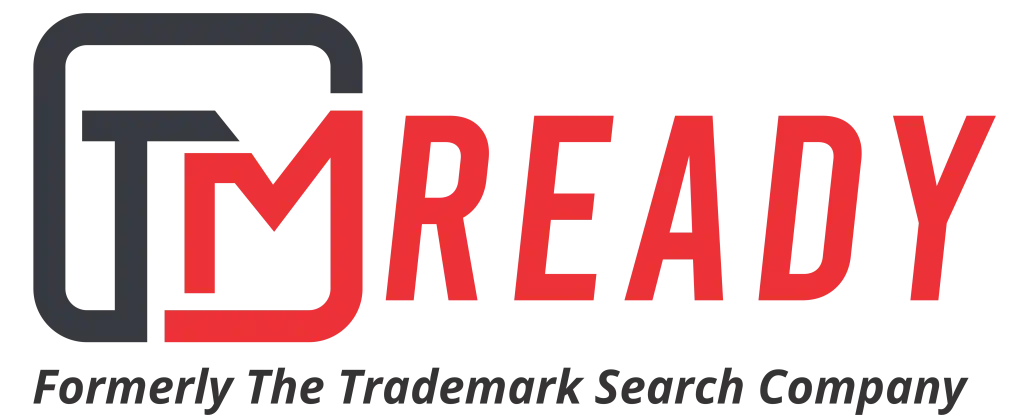Fair use of trademark means using someone else’s registered trademark without permission. The fair use implies a non-commercial purpose, i.e., for a non-legal audience. Learn where fair use is applicable and 4 key factors of fair use.
What are trademarks and why they must be protected?
Suppose you start a company that sells bicycles. You name the company frontrunner and start selling your products. Now, to make sure that your company name stays unique to yourself and also customers remember your company, trademark registration is the best bet. As a result, suppose you register your trademark with the name frontrunner and logo.
There are 3 key important functions a trademark will perform for your company:
- Builds your company’s positive image in customers’ minds, they will be able to differentiate your products from others.
- Enable easy advertising and marketing as customers retain those brands easily that use trademark logos.
- Prevent others from using your trademarked business name.
Now, your company or brand has a trusted customer base that relies upon your quality bicycles. What if someone else starts using a duplicate or similar trademark to confuse the customers? And what if the infringer starts selling bicycles or other automobiles under that mark? Such a situation is the case of trademark infringement.
But trademark infringement is specific and conditional. This means that trademark laws worldwide allow the use of the trademark by other parties for “Fair Use.”
Starting a Company or Startup? Trademark Can Change Your Success Game
What is The Meaning of Fair Use of Trademark Under Law?
Fair use under various national laws allows using someone else’s trademark for specific purposes. The trademark fair use doctrine allows someone to use another’s trademark for non-commercial objectives. The objectives can be descriptive use, news reporting, academic purposes, and nominative use. The Lanham Act protects fair use of trademarks from any sort of punishment under:
A. Trademark dilution
B. Trademark infringement, and
C. Cyberpiracy provisions.
What is Covered Under Fair Use of Trademark or Trademark Logos?
Competitive marketing & advertising, trademark parody, and non-commercial usage of trademarks in educational purposes, media reports, and other non-commercial uses are all examples of nominative fair use of trademark names.
The fair use of trademark logos or names also includes using a geographical name linked to the trademark owner’s business location is the same as or similar to another’s mark. Besides, the fair use exception also allows for descriptive language describing the kind, quality, amount, true intent, value, origin, time of production or delivery of the service, key raw components, functions, weight, or other features of the goods or services.
NOTE* Caution should be exercised to ensure that the use of another’s mark under this sort of fair use complies with honest commercial practices that do not imply affiliation with the trademark owner and do not devalue the mark’s goodwill.
The trademark fair use doctrine covers:
- Non-trademark, non-commercial, descriptive way to explain the products and services offered under the mark.
- To refer to the trademark owner or their product in the trademark meaning
What Are The 2 Categories of Fair Use of Trademark?
1. Descriptive Fair Use of Trademark
Descriptive fair use allows to use someone else’s trademark describe the user’s products or services rather than to identify the source of the goods or services. Moreover, when the trademark in question has a descriptive meaning in addition to its secondary function as a trademark, this is frequently the case.
2. Nominative Fair Use of Trademark
The use of another’s trademark to allude to the trademark owner’s goods and services linked with the mark is known as nominative fair use. The trademark laws allow nominative fair use long as the following conditions are met:
(1) The service or product in question is not easily recognizable without the use of the mark;
(2) Using as much of the trademark as is important to identify the product or service
(3) Using the mark does not imply sponsorship or approval by the trademark owner.
What Are Some Examples of Fair Use of Trademark Names?
For example, “the professional cricket team from California” might be used, but “the California Giants” is more straightforward and clear. The only objective is to to characterize the item rather than to identify its source, with no intention to indicate sponsorship or endorsement.
Some other fair use examples are:
- Comparative or competitive advertising for opinions and facts. For example, Brand A produced apparel that fits better than Brand B.
- Marketing of repairing products or services, such as we repair Apple iphones.
As we have discussed fair use of the trademark in the USA under the Lanham Act, let us see fair use of the trademark in India under trademark laws.
What Happen if Someone Else is Using My Trademark for Commercial Purposes?
Fair Use of Trademark in India
Owing a registered mark provides a negative right to prevent 3rd party from using the same or deceptively similar trademark. But not in the case of fair use of the trademark in India.
Under section 30 of the Trademarks Act, 1999, if someone fairly uses someone else’s registered mark, he has a right of affirmative defense against any trademark infringement claims by the owner.
Fair use of trademark under Trademark act, 1999 allows:
- Honest practices in industrial or commercial issues (bona fide usage)
- The prime aim of using the mark is not to take an unfair advantage or damaging the reputation of the mark
Why Should You Register Your Trademark?
If you have a business or startup or even planning to start one, registering a trademark can not only help build a market reputation but also ensure brand retention in consumers’ memory. But if someone tries to use a similar or identical mark, the courts allow you to initiate civil proceedings and stop the infringer from using your trademark rights.
Top 5 Reasons Having a Trademark Can Ace your Brand’s Success Graph
Why Choose TMReady?
If you need any trademark service for your brand, TMReady is the place to go for. Why? Years of experience, expert professional team, wide-coverage, complete assistance, and reasonable service pricing make TMReady the star provider of trademark services. Be it trademark search, trademark registration, or monitoring, we are here to help you out with everything. Want to learn more about how can trademarks help you build a successful company? Visit us here
More Related Articles
A Complete Guide to Patent Paralegals




